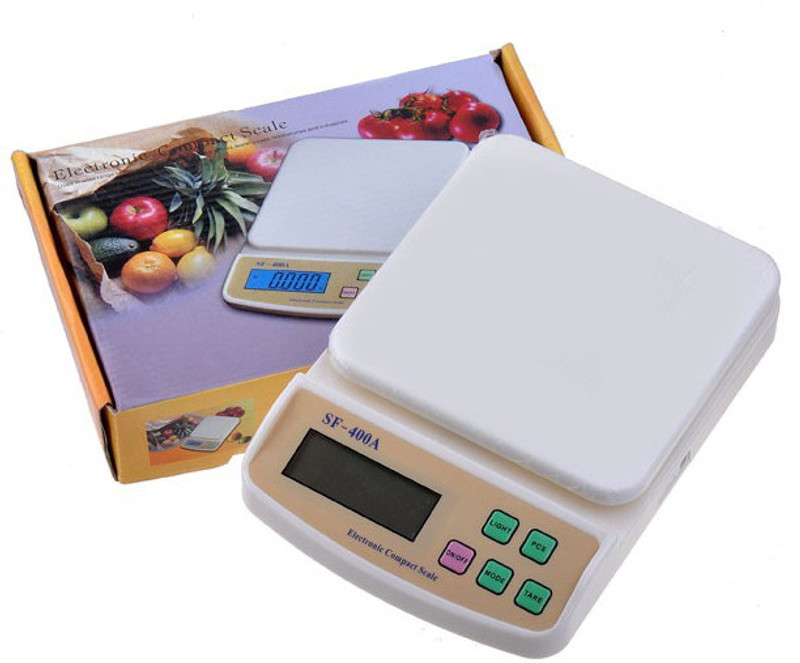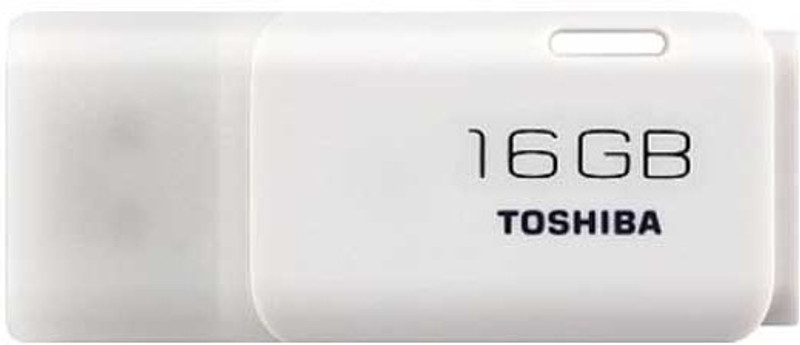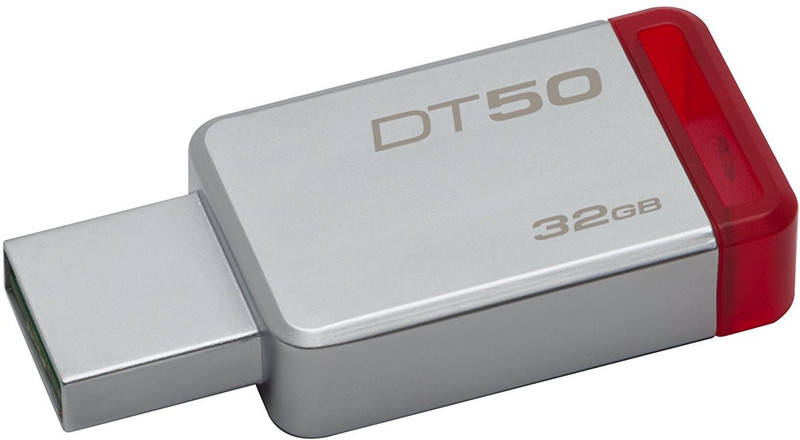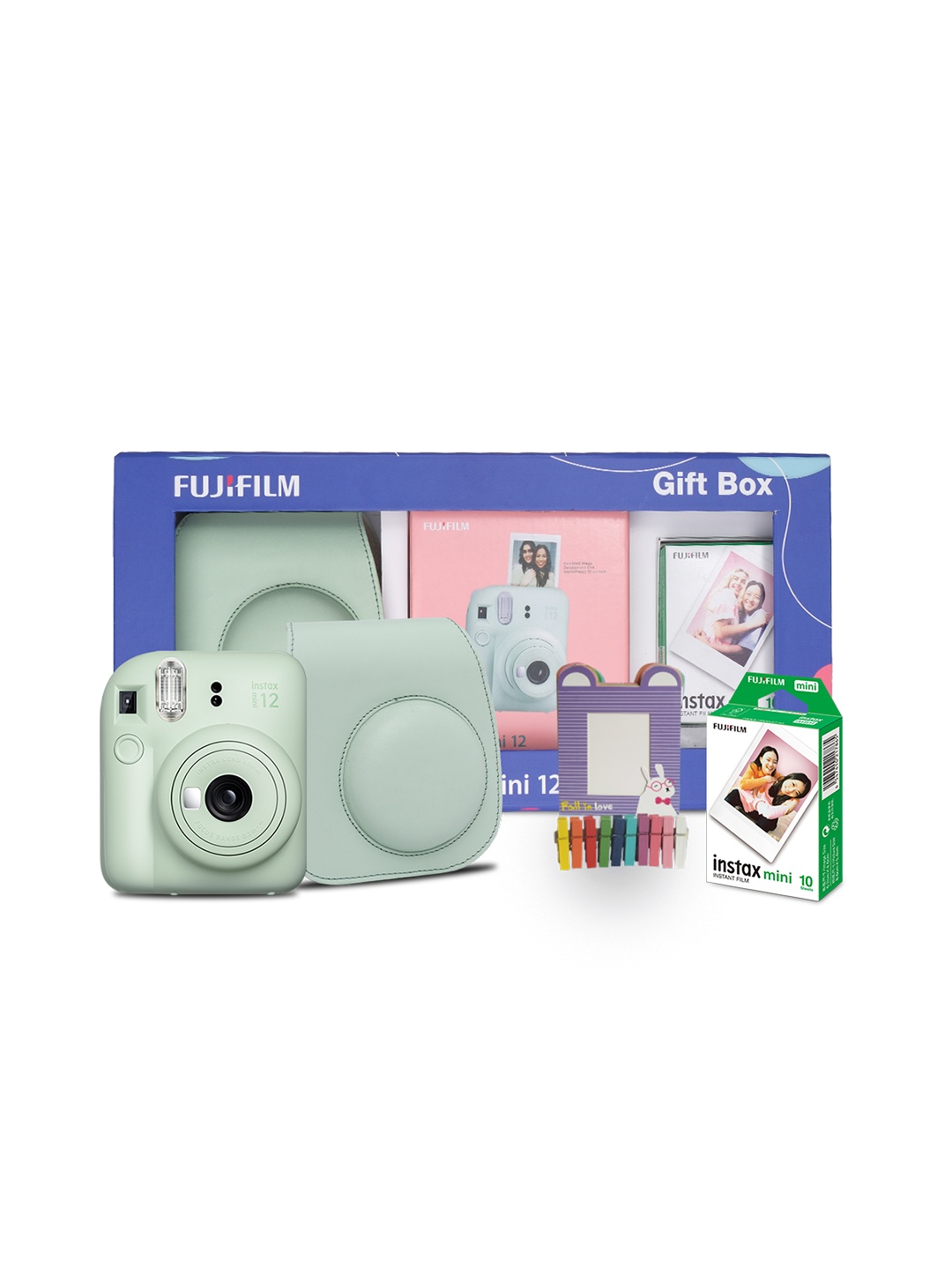Safeguard Your Sandals: Tips For Storing Footwear In Humidity

Humidity can wreak havoc on your beloved sandals, causing them to deteriorate faster than you might expect. Whether you live in a humid climate or are dealing with seasonal moisture, it's essential to know how to protect your footwear. Proper storage is key to maintaining the quality and longevity of your sandals. In this guide, we'll explore 12 tips for storing your sandals in humidity, ensuring they remain in top-notch condition. From choosing the right storage materials to applying protective treatments, we've got you covered.

Safeguard Your Sandals: Tips For Storing Footwear In Humidity; Photo Credit: Pexels
Top Tips On How To Safeguard Footwear In Humid Climate
1. Clean Your Sandals Before Storage
Before storing your sandals, make sure they are thoroughly cleaned. Dirt and grime can cause moisture to build up, which can lead to mould and mildew. Use a mild soap and water to clean the surfaces, and let them dry completely before putting them away. This step is crucial as it ensures that no residual moisture remains, which could damage your sandals over time. For added convenience,
Sandals, especially those made from delicate materials like leather or suede, require gentle yet thorough cleaning. For leather sandals, use a soft brush or cloth to remove dirt, followed by a leather cleaner to maintain the material's suppleness. For suede, a specialised suede brush will help lift dirt without damaging the fabric. Ensure all metal embellishments and buckles are cleaned and dried to prevent rust. A clean pair of sandals not only lasts longer but also looks better each time you wear them.
2. Use Silica Gel Packs
Silica gel packs are excellent for absorbing excess moisture. Place a few packs inside your sandal storage boxes to keep the humidity levels in check. These packs are inexpensive and can be reused multiple times. They are particularly useful in humid climates, as they help prevent mould and mildew from forming.
Silica gel packs are often found in new shoe boxes and packaging. Instead of discarding them, collect and use them in your sandal storage areas. For larger storage spaces, consider using a dehumidifying agent that can cover a broader area. By keeping moisture at bay, silica gel packs ensure your sandals remain dry and free from the unpleasant musty smell that often accompanies dampness.
3. Store Sandals In A Cool, Dry Place
The environment in which you store your sandals plays a significant role in their preservation. Choose a cool, dry place away from direct sunlight and heat sources. Excessive heat can cause the materials to warp, while direct sunlight can fade the colours. Consider using a closet or a dedicated storage cabinet for this purpose.
Humidity can cause leather and fabric to expand and contract, leading to misshapen sandals. A dedicated storage space with controlled temperature and humidity is ideal. If space is limited, use under-bed storage bins or stackable boxes with lids to keep your sandals organized and protected. Lining the storage area with moisture-absorbing liners can add an extra layer of protection.
4. Invest in Shoe Trees
Shoe trees help maintain the shape of your sandals and prevent them from developing creases. They are especially useful for leather and suede sandals, which can easily lose their form in humid conditions. Choose shoe trees made from cedar wood, as they naturally absorb moisture and impart a pleasant scent.
Shoe trees come in various sizes and materials. Adjustable shoe trees are ideal for sandals with varying designs, ensuring a snug fit that maintains the original shape. For sandals with delicate straps, opt for shoe trees with gentle tension to avoid stretching. Cedar wood shoe trees not only help in maintaining shape but also ward off insects and impart a fresh, woody scent.
5. Rotate Your Sandals
Wearing the same pair of sandals every day can cause them to wear out faster. Rotate your sandals regularly to give each pair a chance to air out and recover. This practice also helps in reducing the overall exposure to humidity. By having multiple pairs in rotation, you can extend the lifespan of each one.
Rotating your sandals ensures even wear and tear, allowing each pair to have a break from the constant pressure and moisture exposure from your feet. This practice is particularly beneficial during humid months when sandals can become damp from sweat and environmental moisture. Keeping multiple pairs in rotation not only enhances your wardrobe variety but also preserves the condition of each pair.
6. Apply A Waterproofing Spray
Waterproofing sprays create a protective barrier on your sandals, repelling moisture and preventing damage. Choose a spray that is suitable for the material of your sandals, whether it's leather, suede, or fabric. Apply the spray in a well-ventilated area and allow it to dry completely before wearing or storing your sandals.
Applying a waterproofing spray should be done in light, even coats to ensure full coverage without oversaturating the material. Regular reapplication, especially after cleaning, maintains the protective barrier. Waterproofing sprays also help prevent stains and make cleaning easier, as dirt and moisture are less likely to penetrate the treated surface.

Safeguard Your Sandals: Tips For Storing Footwear In Humidity; Photo Credit: Pexels
7. Use Breathable Storage Bags
Breathable storage bags allow air circulation while protecting your sandals from dust and dirt. Avoid using plastic bags, as they can trap moisture and lead to mould growth. Instead, opt for cotton or canvas bags that provide adequate ventilation.
Breathable storage bags come in various sizes and designs, suitable for different types of sandals. They offer the perfect balance of protection and ventilation, ensuring your sandals remain dust-free without becoming a breeding ground for mould. For added convenience, consider bags with clear panels for easy identification of your sandals.
8. Elevate Your Storage
Keep your sandals off the floor by using elevated storage solutions. Storing footwear directly on the ground can expose them to moisture and pests. Use shelves, racks, or hanging organizers to keep your sandals elevated and safe. This method also helps in organising your footwear collection efficiently.
Elevated storage solutions protect your sandals from accidental spills, flooding, and pest infestations. Using adjustable shelving units allows you to customize the height and arrangement according to your collection. Hanging organizers with individual compartments are great for maximisiing vertical space, keeping each pair easily accessible and in view.
9. Avoid Overcrowding
Overcrowding your storage space can cause your sandals to lose their shape and become damaged. Ensure there is enough room for each pair to breathe and retain its form. Use dividers or individual compartments to keep your sandals separated. This practice not only protects your footwear but also makes it easier to find the pair you need.
Adequate spacing between sandals prevents them from rubbing against each other, which can cause scuffs and marks. Using clear, stackable bins with individual slots or adjustable dividers helps in keeping the storage organized and prevents overcrowding. This method also allows for easy visibility and quick access to your favourite pairs.
10. Monitor Humidity Levels
Keeping an eye on the humidity levels in your storage area is essential. Use a hygrometer to measure the moisture levels and ensure they stay within a safe range. If necessary, use a dehumidifier to maintain an optimal environment for your sandals. Consistently monitoring and adjusting the humidity can prevent long-term damage.
Maintaining a humidity level between 30-50% is ideal for preserving footwear. A compact, portable dehumidifier is perfect for small storage spaces, ensuring the air remains dry and fresh. Regularly check and replace the water reservoir in the dehumidifier to maintain its efficiency. Investing in a quality hygrometer and dehumidifier ensures a controlled environment that protects your sandals from moisture damage.
11. Stuff Sandals With Tissue Paper
Stuffing your sandals with tissue paper helps them retain their shape and absorb any residual moisture. Use acid-free tissue paper to avoid discolouration or damage to the materials. This method is particularly useful for sandals with delicate straps or embellishments.
Tissue paper not only maintains the shape but also provides gentle support to the structure of the sandals. Ensure the tissue paper is packed snugly without overstuffing, which could stretch the material. For sandals with intricate details, consider using foam inserts that provide better support and protection.
12. Regularly Inspect And Maintain
Regularly inspecting your sandals for signs of wear or damage allows you to address issues promptly. Check for loose straps, worn-out soles, or any other signs of deterioration. Perform necessary repairs and clean your sandals before storing them again. Consistent maintenance ensures your footwear stays in excellent condition. For repair kits and maintenance tools, routine checks and timely repairs can significantly extend the life of your sandals. Use leather conditioners, polish, and repair glue to address minor damages before they worsen. Cleaning your sandals after each use and before storage helps in maintaining their appearance and structural integrity. Investing in a quality maintenance kit ensures you have all the tools necessary to keep your sandals in top shape.
Storing your sandals properly in humid conditions is essential to maintaining their quality and extending their lifespan. By following these 12 tips, you can safeguard your sandals from the damaging effects of humidity. Remember to clean them before storage, use silica gel packs, store them in a cool, dry place, and invest in proper storage solutions. Regular maintenance and monitoring of humidity levels are also crucial. For all your sandal storage needs, Shop from Lifestyle Stores and keep your footwear in pristine condition.
Disclaimer: The images used in this article are for illustration purpose only. They may not be an exact representation of the products, categories and brands listed in this article.


























